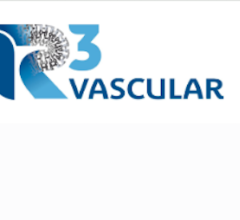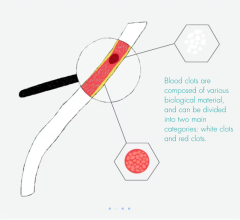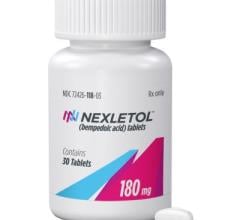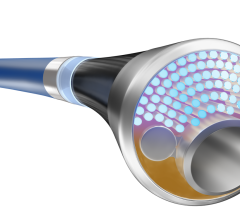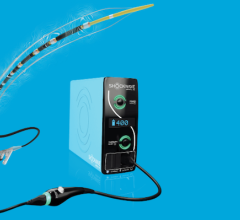November 13, 2009 – A 48-patient IDE clinical trial conducted at seven sites in the U.S. and one site in India using the Harvest Technologies’ Bone Marrow Aspiration Concentrate (BMAC) System to treat patients with nonreconstructable critical limb ischemia (CLI) has completed enrollment.
"This study was unique in the high quality of the clinical investigators with each site being a center of excellence,” said Mark D. Iafrati, M.D. chief of vascular surgery at Tufts Medical Center in Boston, who is directing the study. “Thus these patients deemed to have no conventional reconstruction possibility had truly exhausted current options. The BMAC procedure is easier to perform, quicker, less expensive, and less traumatic to our patients than most current treatments. If the results of this feasibility study demonstrate tangible benefits, this could herald a tremendous advance in how we treat patients with peripheral vascular disease."
The study design calls for preliminary data analysis after the last subject has completed the 12-week follow-up visit. The company anticipates that these results should be available by the end of February.
Autologous cell therapy has been studied as an innovative treatment option for CLI, however; previously published studies did not use a rapid, point of care method for processing the cells therefore making widespread adoption of the therapy problematic. The Harvest trial utilized the BMAC system, which processes the cells in 15 minutes in the operating room. A unique feature of the trial was that it compared the relative effectiveness of the BMAC to a control injection of a placebo. Neither the trial subjects nor the investigators know which material was being injected. Thirty-two of the subjects received the BMAC composition by injection and 16 received the placebo injection.
In July Harvest announced the completion of enrollment in another trial treating 60 subjects in India suffering from a form of critical limb ischemia referred to as thromboangitis obliterans. The 12-week follow- up results showed an amputation rate of only 10 percent and statistically significant improvement in reduction of pain, in perfusion measures, and in quality of life.
Critical limb ischemia is a persistent and relentless disease, which severely impairs patients' functional status and quality of life, and is associated with an increased cardiovascular mortality and morbidity. The prognosis of critical limb ischemia is poor. Even when patients are candidates for current revascularization therapies such as angioplasty or bypass surgery, these therapies are commonly accompanied by significant morbidity and mortality risk. When patients are not candidates for conventional therapies as was the case in the patients enrolled in this clinical trial, the outcomes are uniformly poor. These patients are afflicted with intractable pain and a very high risk of limb loss and/or death.
For more information: www.harvesttech.com


 September 12, 2025
September 12, 2025 


